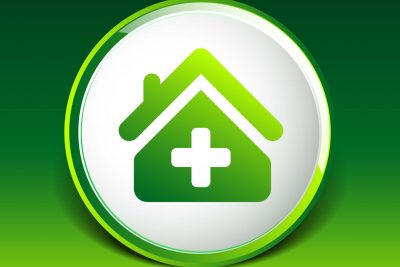What is a Medical Home?
A medical home is a partnership between you and your child’s doctor that makes sure your child is getting the best possible care. It is not an actual place or building you can go to. The word home means that you have a “home base” for your child’s health care needs. The medical home concept has been Read More

